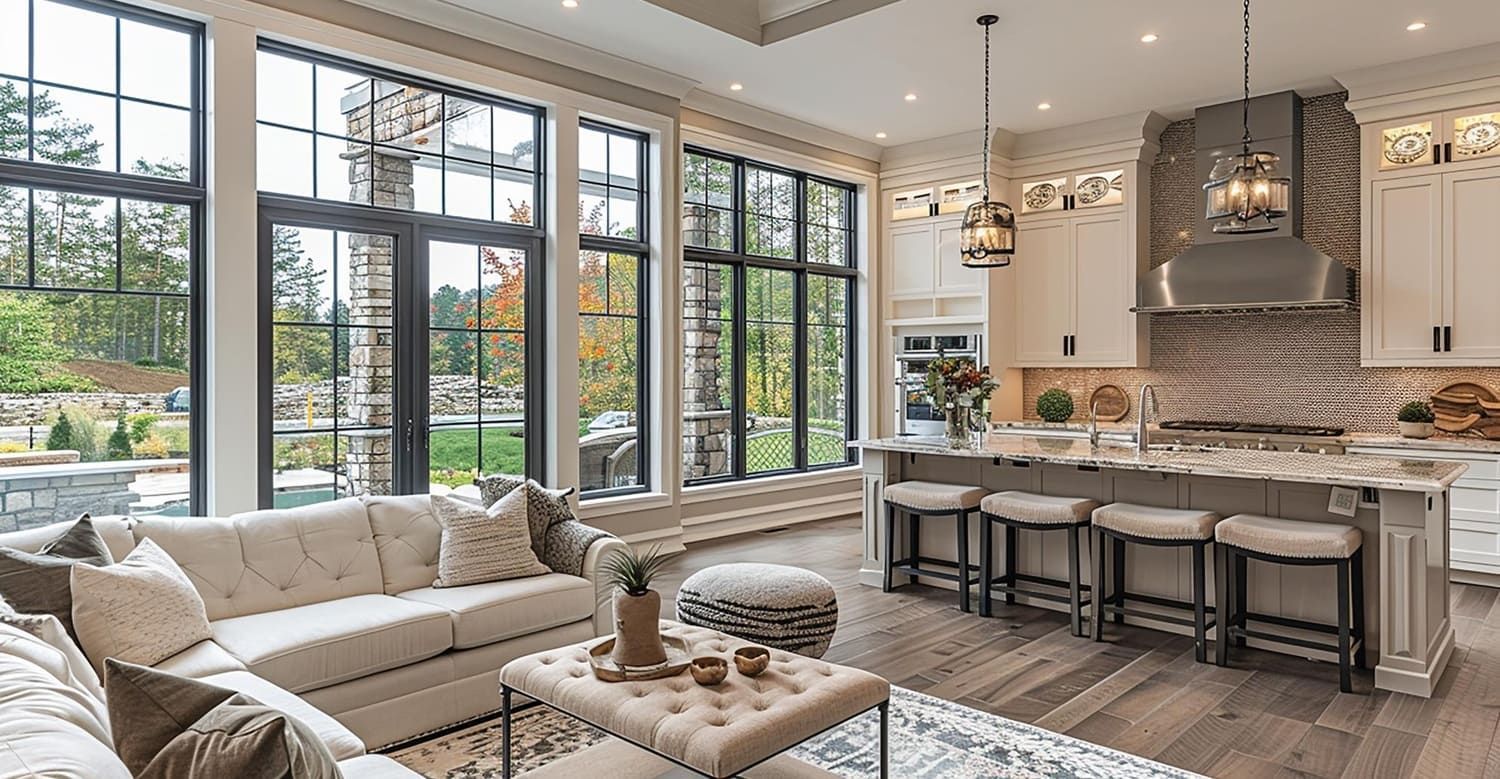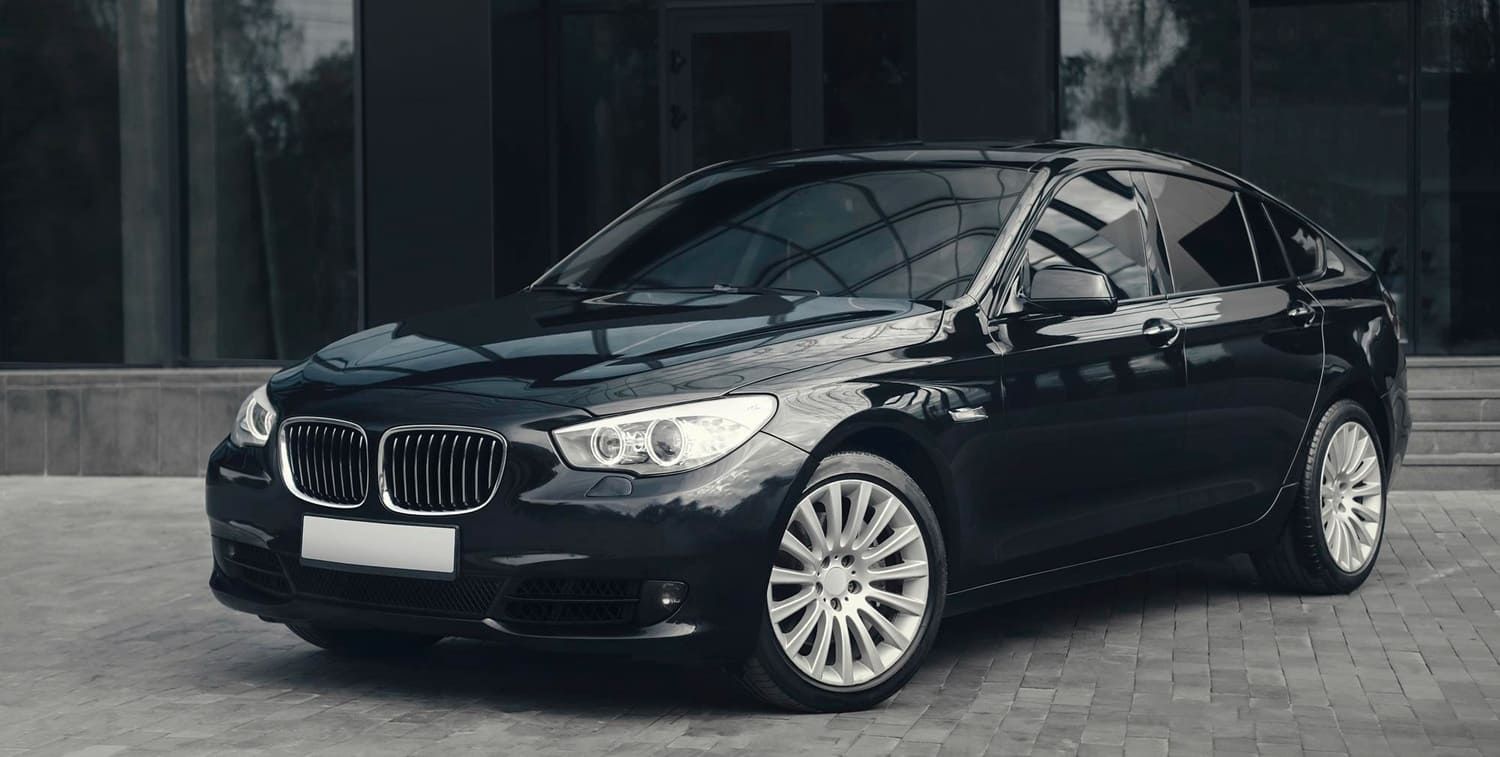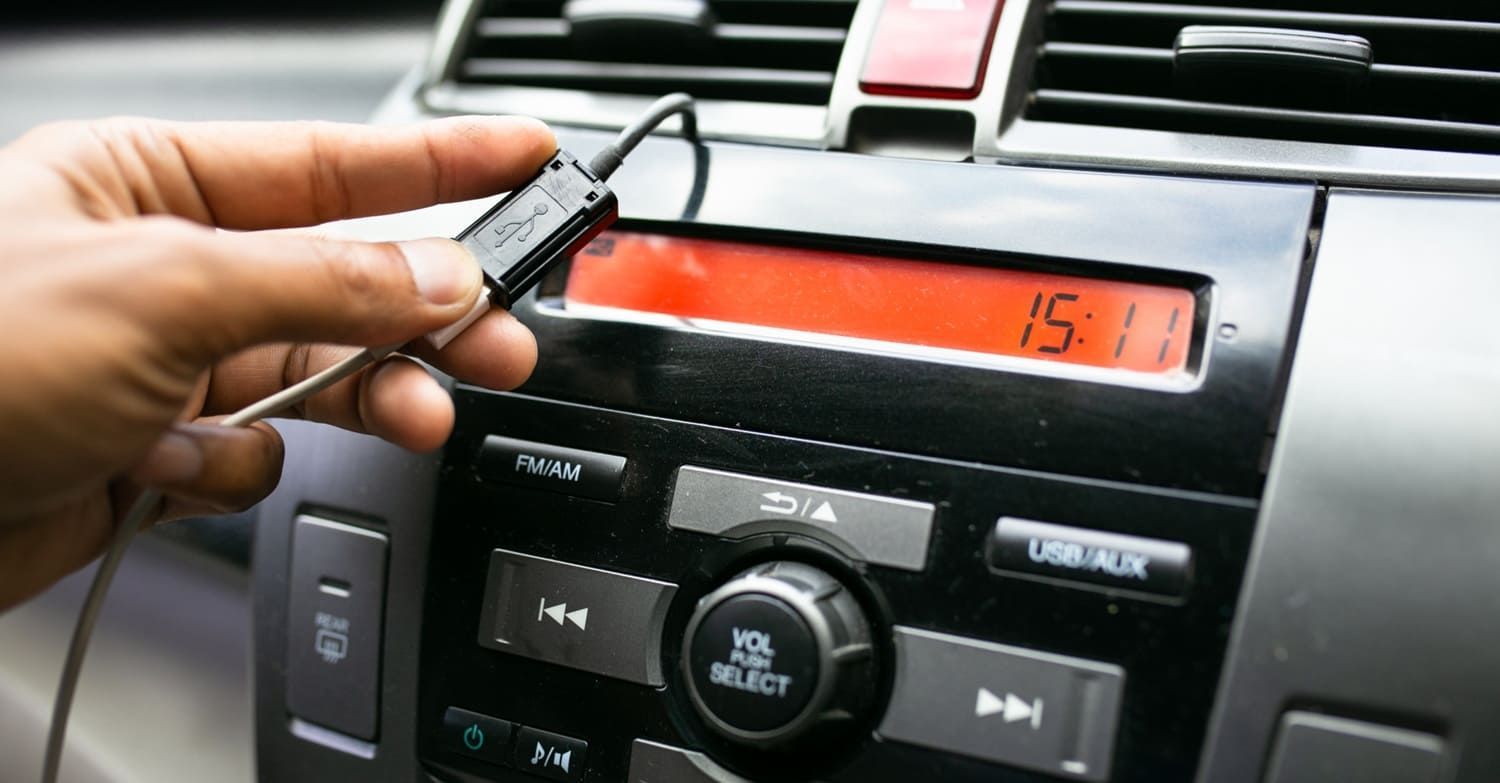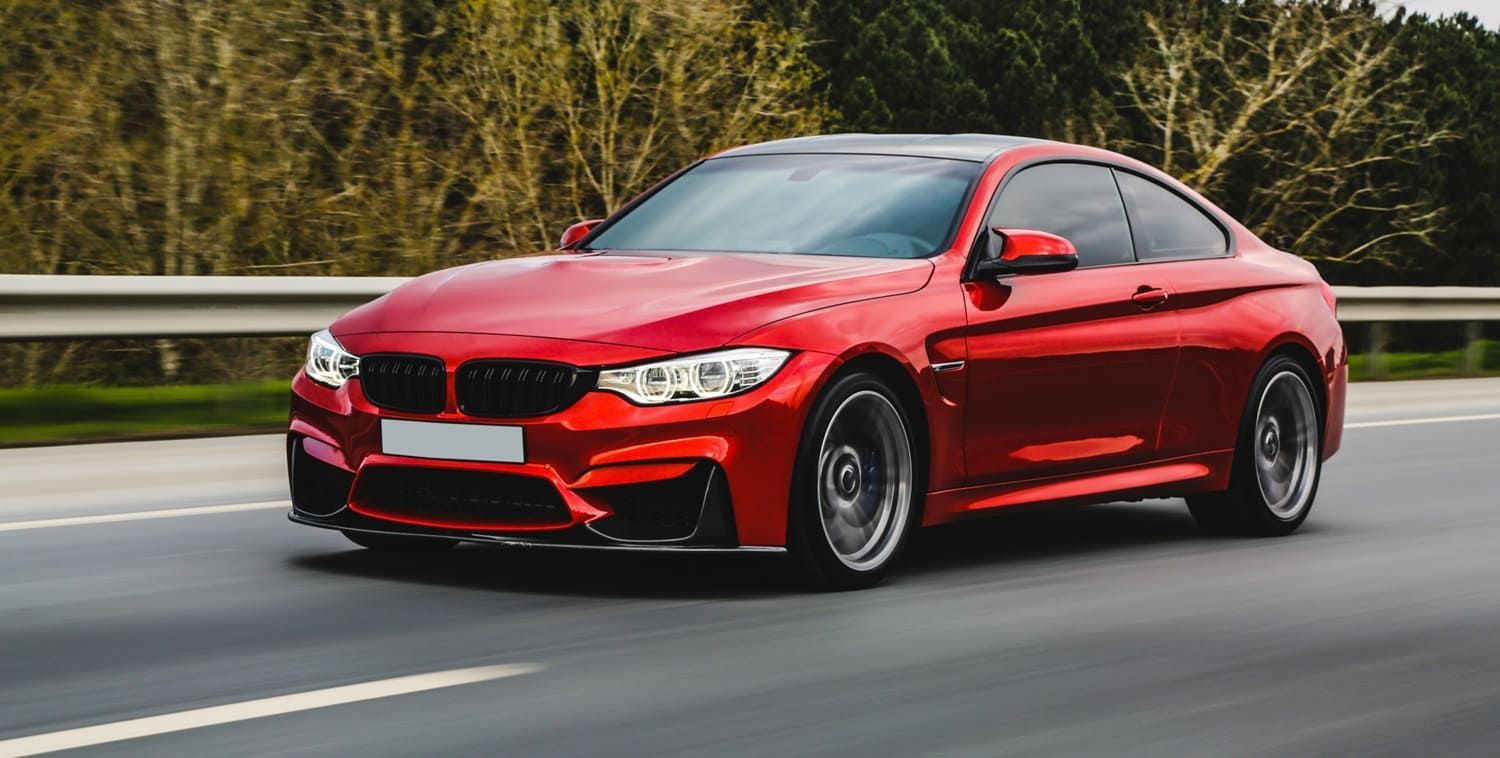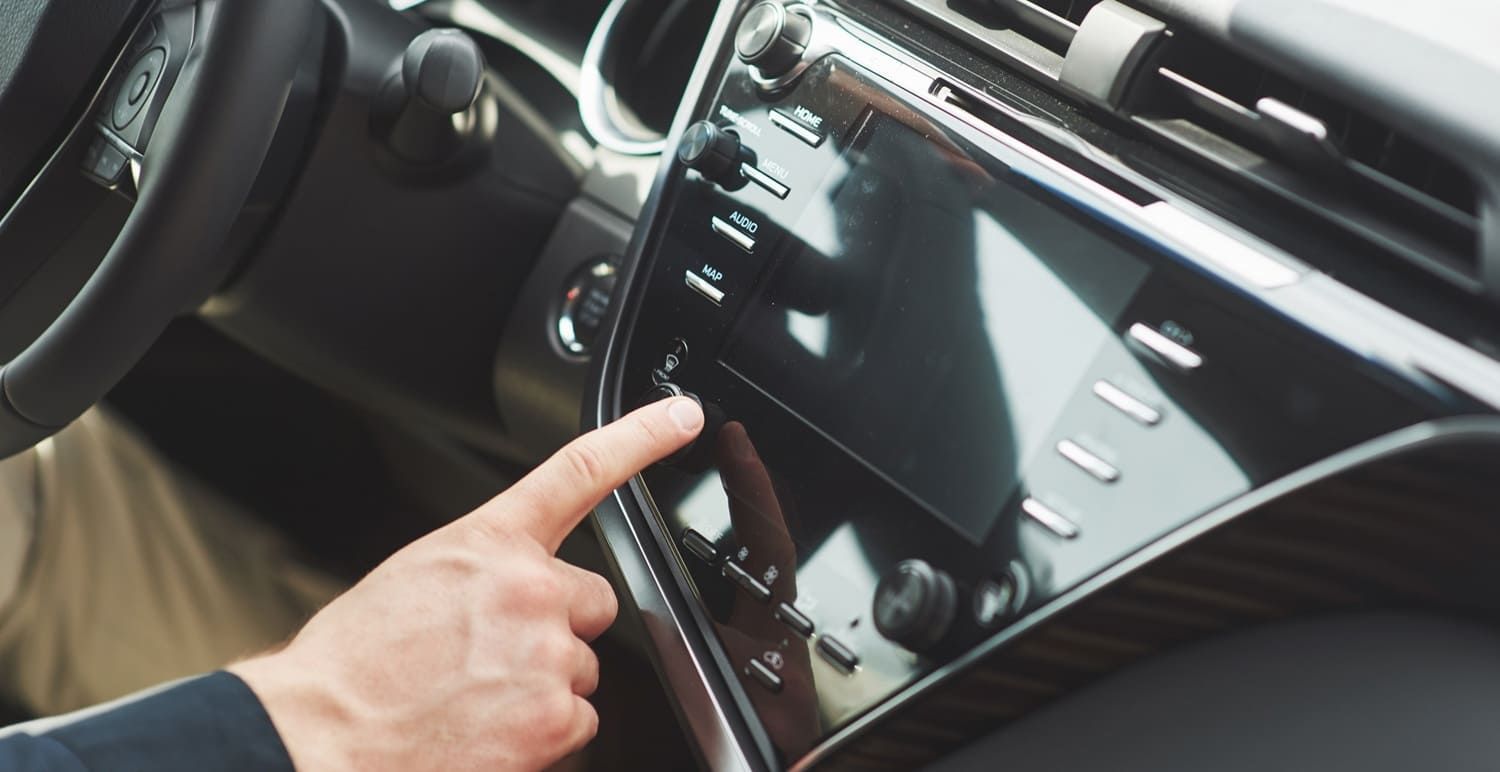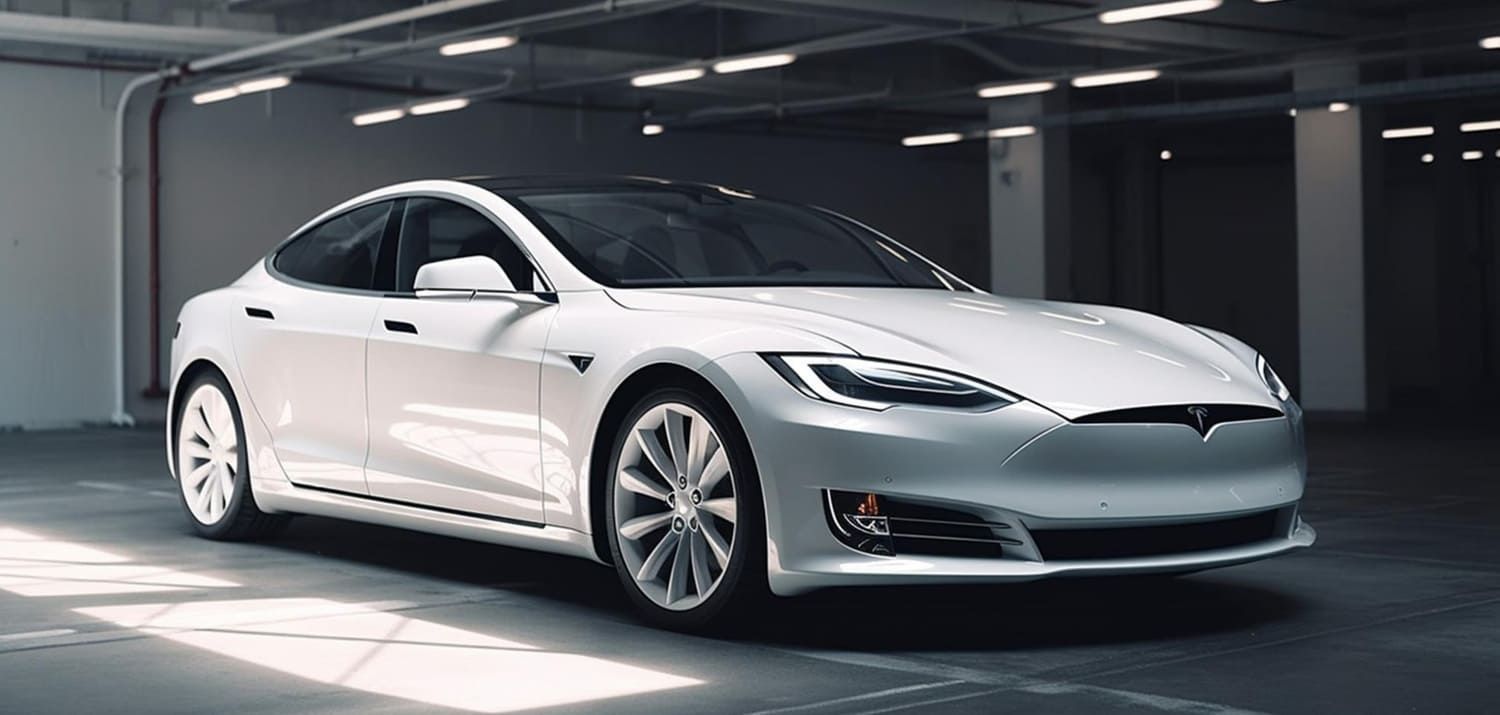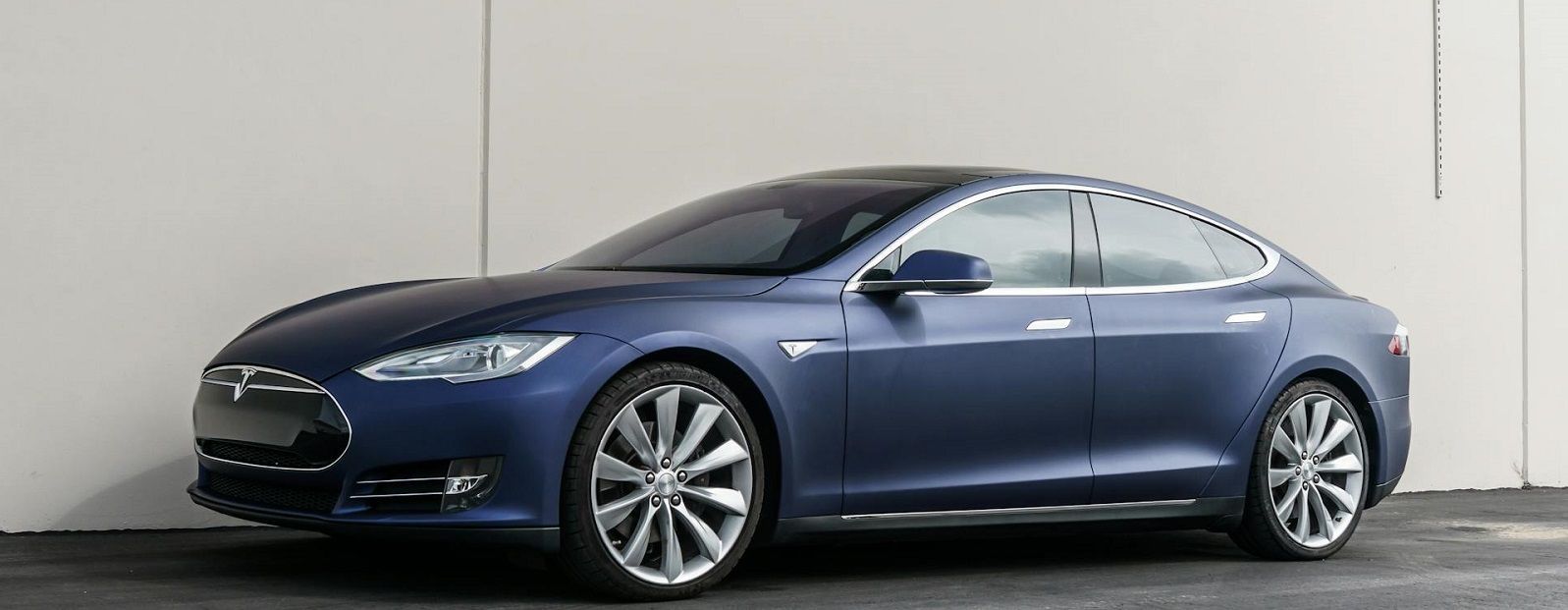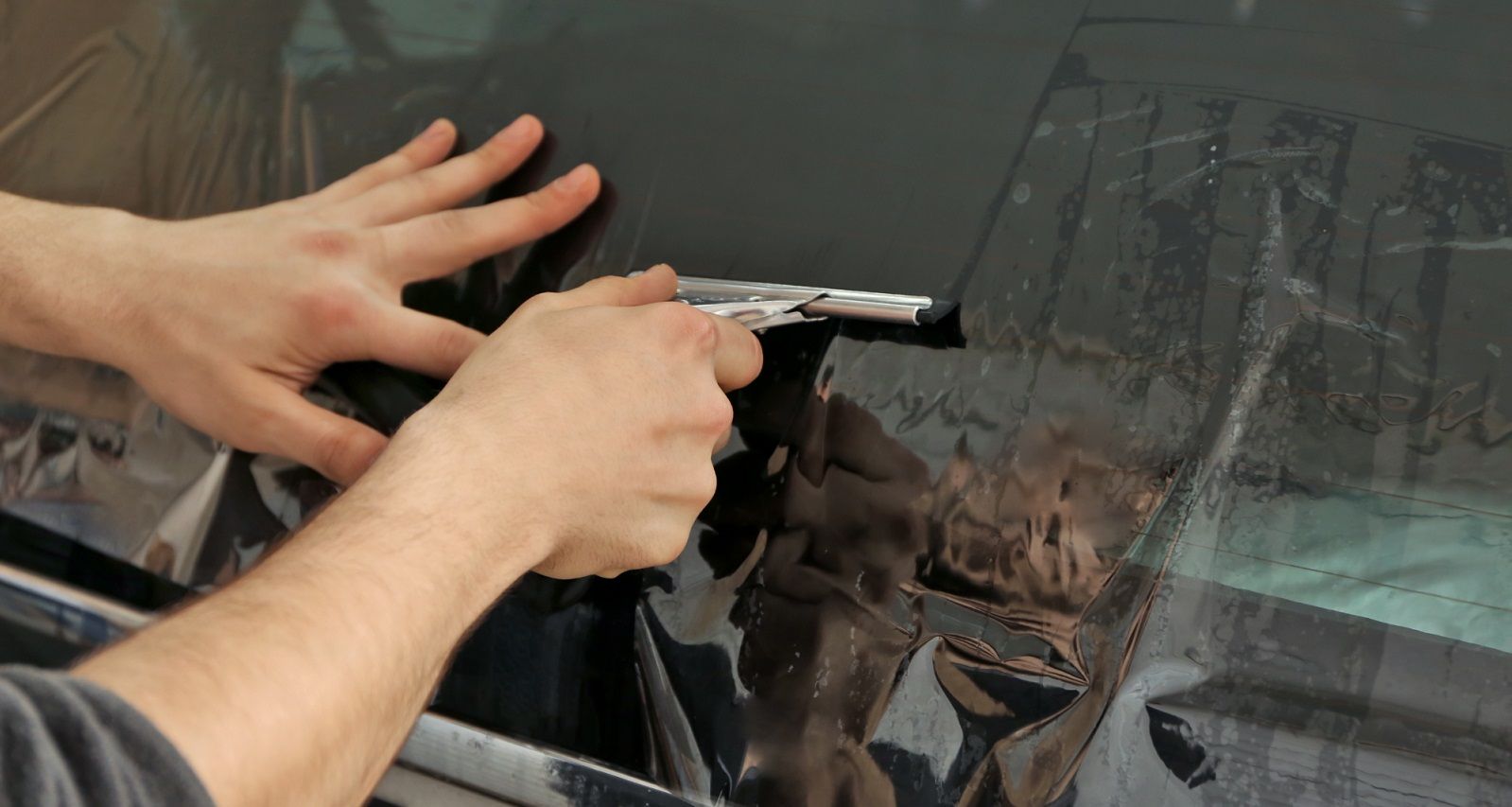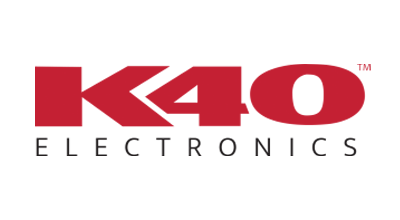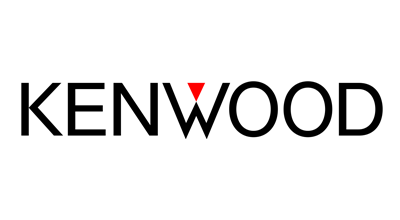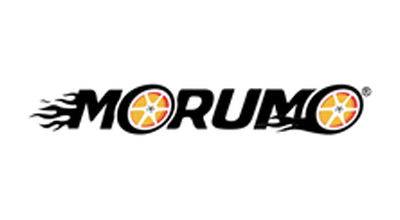How Different Tinting Films Can Lead to Different Issues
Choosing the right window tint for your car is a decision that involves more than just picking a shade you like. The variety of tinting films available each come with their unique set of benefits and drawbacks, which can significantly impact both the performance and aesthetic of your vehicle. Understanding these nuances not only helps in selecting the appropriate film but also in preventing common issues that could arise from incorrect choices. Moreover, a well-informed decision ensures you find the best car window tinting service nearby that meets your needs and expectations. In this article, we'll delve into the world of car window tinting types and explore how different films can lead to various issues.

Understanding Car Window Tinting
Car window tinting is a widely favored modification that involves applying a thin film to the interior side of a vehicle's windows. This film serves multiple purposes: it enhances privacy, reduces glare from the sun, blocks harmful ultraviolet rays, and can even improve the overall look of the car. However, selecting the right tinting film is crucial as each type offers different levels of these benefits.
Not all tinting films are created equal, and the wrong choice can lead to a host of problems such as reduced visibility, interference with electronic devices, or even legal issues if the tint is too dark. It's important to weigh the pros and cons of each type of film and consider factors such as climate, legal restrictions, and personal preferences. By doing so, car owners can avoid the frustrations of ineffective tinting and enjoy the full range of benefits that window tinting has to offer.
Types of Car Window Tinting Films
Dyed Window Tinting Film
Dyed window tinting film is one of the most cost-effective options available for those looking to tint their car windows. By using a layer of dye between an adhesive layer and a protective polyester top coating, it effectively absorbs solar heat, thus providing a cooler interior environment. This type of tinting is often chosen for its affordability and ability to provide a non-reflective finish that enhances the car's appearance.
However, while dyed films do a good job of providing privacy and reducing glare, they are not as efficient in blocking UV rays compared to other films. Their ability to absorb heat is also relatively lower, which might not be ideal for hotter climates. Despite these limitations, dyed window tinting remains a popular choice for those seeking a budget-friendly option that improves privacy and aesthetics.
Issues with Dyed Films
The major downside of dyed window tinting is its tendency to fade over time. As the dye breaks down due to prolonged exposure to sunlight, the film gradually loses its color and effectiveness, leading to a less attractive appearance and diminished performance in blocking heat and UV rays. This fading not only affects the tint's functionality but can also cause the car to look older and less well-maintained.
Additionally, dyed films can delaminate, causing bubbles or peeling, particularly if exposed to harsh weather conditions or improper installation. This not only detracts from the vehicle's appearance but also compromises the film's protective capabilities. Regular maintenance and professional installation can mitigate these issues, but they remain a concern for those opting for dyed films.
Metalized Window Tinting Film
Metalized films are composed of several layers, including a metallic layer that reflects heat and reduces glare effectively. These films are more durable than dyed films and offer superior UV protection, making them an attractive option for those seeking long-term performance. The metallic particles embedded within the film provide a reflective quality that enhances the car's exterior look while keeping the interior cool.
In addition to their heat-reflective properties, metalized films are also resistant to fading and offer increased shatter resistance due to their sturdy construction. These qualities make metalized films an appealing choice for car owners seeking durability and enhanced safety features. However, it’s important to weigh these benefits against potential drawbacks that may affect the use of electronic devices.
Issues with Metalized Films
While effective in many ways, metalized films can interfere with electronic devices, such as GPS, radio signals, and mobile phones, due to their metallic nature. This interference can be a significant issue for drivers who rely heavily on these technologies for navigation and communication. It’s important to consider this potential drawback, especially for those who spend a lot of time on the road.
Moreover, the reflective quality of metalized films might not be legal in all areas, as some jurisdictions have restrictions on the reflectivity of car window tints. It's essential to check local regulations before opting for this type of film to avoid fines and ensure compliance with the law. Balancing the performance benefits with these potential issues is key to making an informed decision.
Carbon Window Tinting Film
Carbon films are known for their distinctive matte finish and high durability. They offer excellent protection against UV rays and are designed to not fade over time, making them a long-lasting option for car window tinting. The carbon particles in the film provide a sleek, non-reflective appearance that enhances the car's aesthetics while effectively blocking heat.
In addition to their stylish look, carbon films are also environmentally friendly, as they do not contain any metal elements. This characteristic makes them a preferable choice for those concerned about electronic interference. While carbon films are generally reliable, their cost can be higher than other types, which might be a consideration for budget-conscious consumers.
Issues with Carbon Films
Although carbon films are generally reliable and long-lasting, they tend to be more expensive than dyed or metalized films. This higher cost might be a deterrent for some car owners, particularly those who are looking for a cost-effective solution. However, the benefits of durability and performance often justify the initial investment for many.
Additionally, improper installation of carbon films can lead to bubbling or peeling, which not only affects the aesthetic appeal but also the effectiveness of the tint. To avoid these issues, it's crucial to have the film installed by a professional with experience in handling this specific type of tinting. Proper installation ensures that the film adheres correctly and maintains its benefits over time.
Ceramic Window Tinting Film
Ceramic films represent the highest quality option available, offering superior heat and UV protection without compromising visibility or electronic signals. They are constructed using advanced ceramic-based materials, which provide excellent performance without the reflective properties of metallic films. This makes them ideal for those seeking optimal protection and clarity.
In addition to their functional benefits, ceramic films also enhance the safety of the vehicle by increasing shatter resistance. They are resistant to fading and maintain their appearance and performance over time. Despite their high cost, the investment in ceramic films is often justified by their unparalleled performance and longevity.
Issues with Ceramic Films
The primary concern with ceramic films is their cost. They are the most expensive type of tinting film, which might not be feasible for all car owners, especially those on a tight budget. However, for those willing to invest in quality, ceramic films offer unmatched benefits and long-term value.
Like all films, improper installation can result in defects like bubbling, which can detract from the film's appearance and effectiveness. It's essential to choose a reputable installer who has experience with ceramic films to ensure a flawless application. This attention to detail can help maximize the benefits of ceramic tinting and prevent common installation-related issues.
Common Issues with Car Window Tinting
Bubbling and Peeling
Bubbling and peeling are prevalent issues that can occur with any type of tinting film, often due to poor installation or the use of low-quality materials. These defects not only reduce the film's effectiveness in blocking UV rays and heat but also detract from the vehicle's appearance. Ensuring professional installation and using high-quality films can mitigate these problems significantly.
Furthermore, environmental factors such as extreme temperatures and humidity can exacerbate the likelihood of bubbling and peeling. Regular maintenance and careful cleaning can help prolong the life of the tint and maintain its appearance. Addressing these issues promptly can prevent further damage and ensure the longevity of the tinting film.
Discoloration and Fading
Over time, exposure to sunlight can cause some tinting films to fade or discolor. This is particularly common with dyed films, which rely on color to block sunlight. As the dye degrades, the film loses its tint and effectiveness, leading to decreased privacy and increased heat inside the vehicle.
To combat discoloration and fading, choosing films with higher UV resistance, such as carbon or ceramic options, can provide longer-lasting results. Additionally, applying protective coatings and parking in shaded areas can help minimize sun damage. Understanding the limitations of each film type is crucial in managing expectations and maintaining the film's appearance.
Scratching and Damage
Even the most durable films can be scratched or damaged by sharp objects or improper cleaning methods. To avoid this, it's important to use soft cloths and gentle cleaning solutions when maintaining your tinted windows. Abrasive materials and harsh chemicals can compromise the film's integrity and reduce its effectiveness.
Routine inspections and prompt repairs of any scratches or damages can help maintain the film's performance and appearance. Educating yourself on proper cleaning techniques and being mindful of potential hazards can extend the life of your window tint and preserve its benefits.
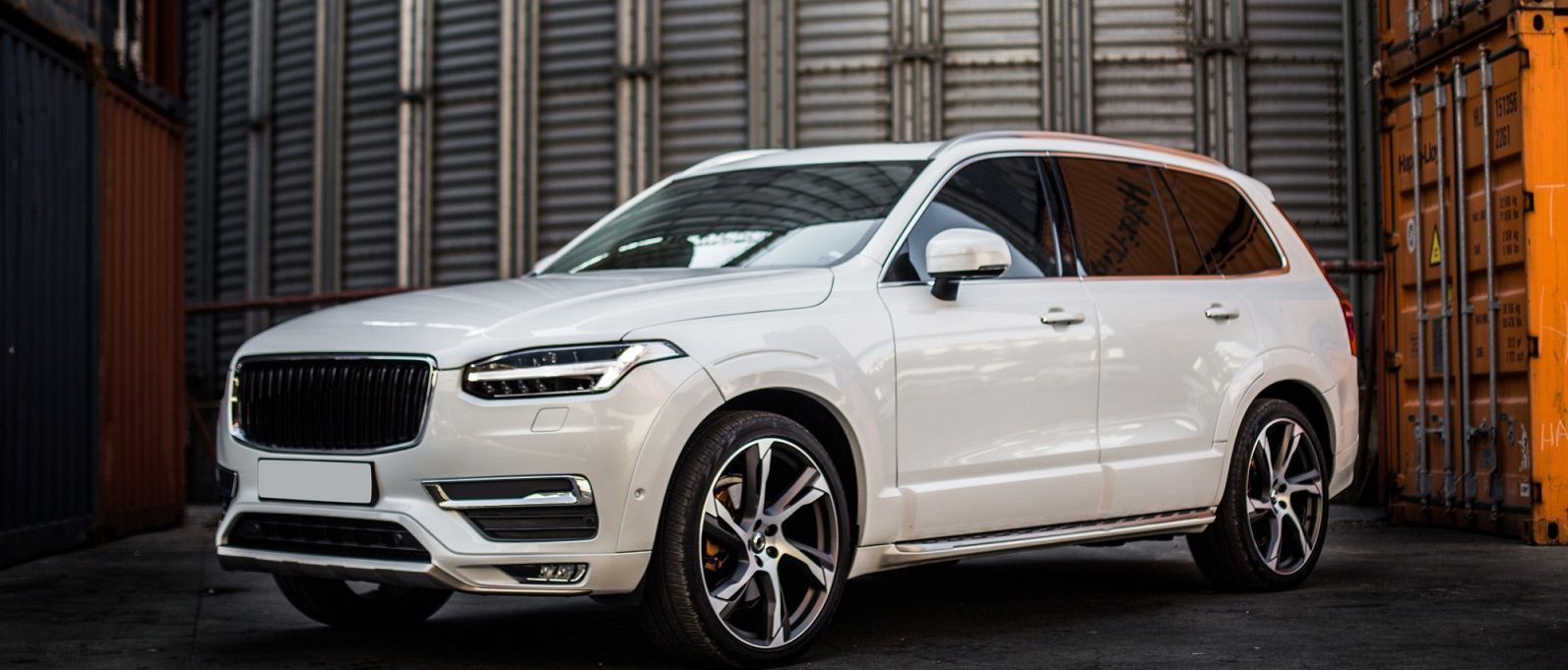
Finding the Best Car Window Tinting Near You
When looking for the best car window tinting near you, it's essential to consider the quality of both the materials and the installation service. A well-executed tinting job not only enhances your vehicle's look but also ensures long-term performance and satisfaction. Here are a few tips to help you make the right choice:
Research and Reviews
Start by researching local tinting services and reading customer reviews. Look for companies with a strong reputation for quality workmanship and customer satisfaction. Online platforms and forums can provide valuable insights into the experiences of other customers and help identify reputable providers.
In addition to online research, visiting the websites of potential service providers can give you a sense of their offerings, pricing, and expertise. Comparing multiple options can ensure you find a service that aligns with your needs and budget.
Ask for Recommendations
Word of mouth can be a powerful tool in finding reliable services. Ask friends, family, or coworkers for recommendations based on their experiences with local tinting services. Personal recommendations often come with firsthand insights and can save you time in your search.
Moreover, visiting car clubs or community groups can provide additional recommendations and reviews from fellow car enthusiasts. Engaging with these networks can help you discover trusted providers and avoid potential pitfalls.
Evaluate Material and Service Warranties
Choose a service that offers a warranty on both the tinting film and the installation. This can provide peace of mind and protect your investment in case of defects or issues. A warranty indicates the provider's confidence in their work and commitment to customer satisfaction.
Understanding the terms and duration of the warranty is crucial to ensure adequate coverage. Discussing warranty details with the provider before committing to a service can prevent misunderstandings and ensure a positive experience.
Visit the Shop
If possible, visit the tinting shop in person to assess their professionalism and cleanliness. A well-maintained facility is often a good indicator of quality service and attention to detail. Observing the shop's operations and interacting with staff can provide insights into their expertise and customer service.
During your visit, inquire about their experience with different types of films and request to see samples of their work. This hands-on approach can help you gauge the quality of their installations and make an informed decision.
Conclusion
Understanding the different types of car window tinting films and their potential issues is crucial in making an informed decision. At BOCA TINT & AUDIO in Boca Raton, FL, we offer a wide range of tint films, from affordable dyed options to high-quality ceramic tints, ensuring you choose the perfect solution for your vehicle. Our expertise helps you avoid common pitfalls and fully enjoy the benefits of tinted windows.
Remember to do your research and choose a reputable provider like BOCA TINT & AUDIO to ensure a successful tinting experience. By taking the time to evaluate your options and consider factors such as film type, installation quality, and service reputation, you can enhance your vehicle's appearance, comfort, and protection. A well-chosen and professionally installed window tint from BOCA TINT & AUDIO provides lasting benefits and satisfaction for years to come.
Contact us today for a free estimate and let BOCA TINT & AUDIO help you achieve the perfect window tint for your vehicle.

